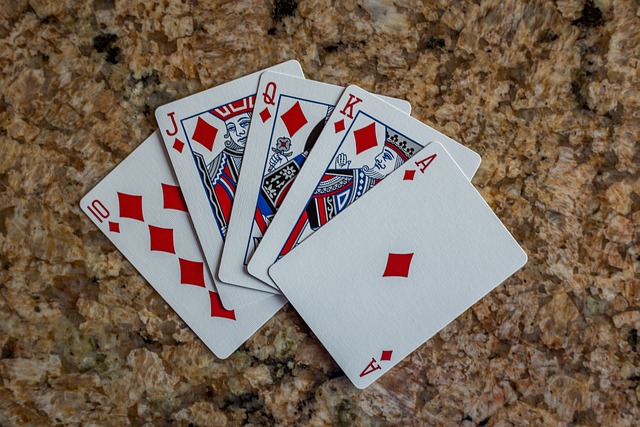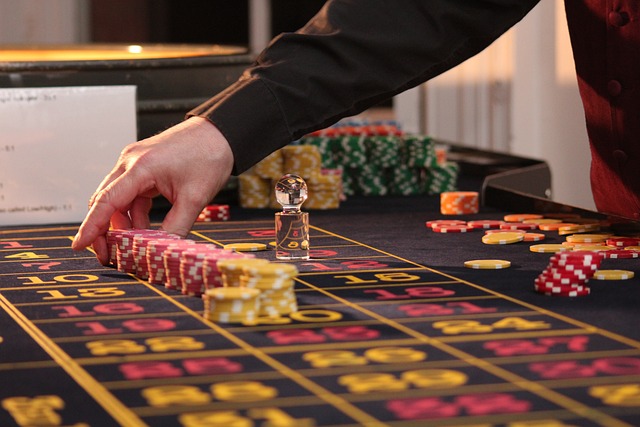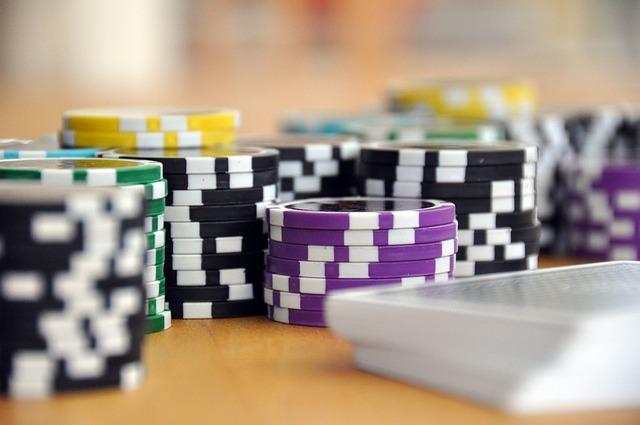Adventures and mysteries: gambling on the banks of the Nile
Imagine yourself walking among the shadows of the majestic temples and imposing pyramids of Ancient Egypt, a world where every stone and hieroglyph tells a story. In addition to the mysteries of the pharaohs and ancient rituals, there was another passion that animated life along the Nile: gambling. Let yourself be transported back in time. Here, thousands of years ago, the Egyptians delighted in games of chance and strategy, a real entertainment of the gods!
Senet: much more than a game, a bridge to eternity
Think of Senet, not just as a game, but as a key to understanding Egyptian culture. This was not the classic after-dinner pastime, but a ritual, a way to talk to the gods and guide souls into the afterlife. Imagine pharaohs, like Tutankhamun, who did not leave the world of the living without their beloved Senet. For them, it was a companion on the journey to eternity, a sort of amulet against oblivion after death.
Betting in temples: more than just a game

In temples, priests and visitors participated in dice games and other types of gambling. These games were not only a pastime, but also had ritual significance. It was believed that the gods could manifest themselves through the game, influencing the outcome and giving signs and omens. In this context, betting took on an almost divinatory dimension.
Meen, a game of chance for everyone
Meen was another popular game, accessible to everyone from peasants to nobles. Similar to a primitive form of backgammon, it was played both for fun and for gambling. Archaeological discoveries have revealed that gambling was widespread throughout Egyptian society, suggesting that gambling was not a luxury reserved only for the elite.
Betting in everyday life: an everyday affair
Betting was part of daily life in Egypt. People bet on everyday events such as chariot races or the results of farm work. Bets could include valuables, food, or even days of work. This practice reflected a society in which gambling was integrated into everyday life, not just a pastime, but a way of life.
Gambling and magic: an indissoluble bond

Gambling in Ancient Egypt also had a strong connection with magic and the occult. The Egyptians believed that talismans and spells could influence the outcome of games. This fusion of play and magic was a defining characteristic of their culture, where the supernatural was closely intertwined with the everyday.
The social role of play: union and competition
Gambling in Ancient Egypt also had an important social function. It was a time of union and competition, which crossed social classes. During holidays and celebrations, games such as Senet and Meen became collective events, where competition mixed with fun. These moments of play offered a rare opportunity for different social strata to interact, reflecting the importance of play as a tool for social cohesion in a deeply stratified civilization.
In conclusion, betting and gambling in Ancient Egypt
they were more than just a pastime: they were a fundamental element of culture and religion. This journey through gaming history along the Nile shows us a lesser-known, but incredibly rich and fascinating aspect of one of the most extraordinary civilizations in human history.
